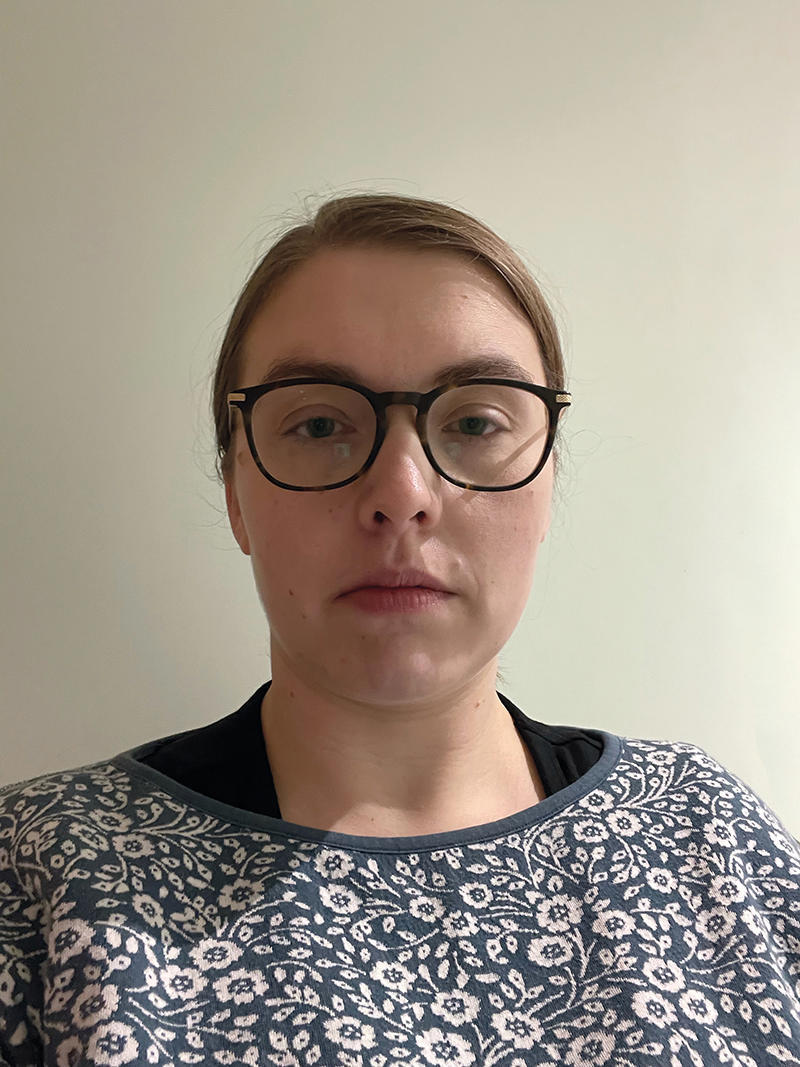It started with an exception report… When Eva Wooding was concerned that junior doctors in her department weren’t being allocated the time due for administrative tasks, she knew she needed to take action – but what?
‘It was affecting quite a few trainees and I’d already raised it locally with the appropriate people,’ she says.
‘It was proving really difficult to incorporate it in the rota, alongside both [rota] gaps and service provision challenges. So I spoke to a BMA rep and they suggested exception reporting, which I did. It proved a really effective way of opening a dialogue quickly with the people who have the power to make change.’
Exception reporting was introduced as part of the junior doctor contract in 2016 in England. Essentially it’s a way of providing juniors with a means of raising concerns in real time about deviations to their work schedule, which is an agreement setting out working hours, training and education.
The aim is to allow trainees to raise specific issues affecting them as individuals, but also to help departments identify and address systemic problems, for example with understaffing, or poorly drawn up rotas.
Safety guardians
 WOODING: An effective way of opening a dialogue
WOODING: An effective way of opening a dialogue
The junior doctor contract requires guardians of safe working to present exception reporting data to the boards of the employing organisation, and also to local negotiating committees.
This is to ensure that the information can be publicly scrutinised. Consultant anaesthetist Pardeep Gill is guardian of safe working at Ashford & St Peter’s Hospitals.
He says his trust has almost managed to eradicate missed educational opportunities for trainees – and that the exception reporting process is critical. ‘You need a strong exception reporting culture in your organisation,’ he says.
‘Doctors need to feel empowered to exception report. At induction, I talk to all new junior doctors, and I emphasise that to exception report is not just a personal responsibility but also a professional responsibility. It will improve their working conditions, but also improve patient safety.’
Immediate effect
Dr Wooding and Dr Gill feature in a BMA campaign to raise awareness of the value of exception reporting. It shares positive messages about the change that has been achieved when junior doctors have taken the exception reporting route (see ‘Exceptional success’).
In the issue highlighted by Dr Wooding, who is a specialty trainee 2 in paediatrics in Exeter, she reports being initially unsure about raising her concerns via an exception report, but that a conversation about making improvements started ‘within days’.
‘This led to changes being made not just for trainees in my specialty, but for all trainees working on those rotas going forward, to make sure that time was appropriately ring-fenced and allocated,’ she says.
‘I felt a bit nervous about using exception reporting in that way, but I’ve since been reassured by a number of people that it was the right way to go about it, and it certainly was very effective in my case.’
When the issue of missed educational opportunities was raised via exception reporting, Dr Gill reports, it was addressed by good collaborative working between junior doctors, rota coordinators and clinical leads.
‘They did a number of things. They redesigned the rotas so there was a better spread of junior doctors through the week. They simply changed the teaching day – and that seemed to suit more doctors. They also reduced some remote learning and all these changes culminated in a significant reduction [of missed educational opportunities].’
As guardian, his role is to act as a facilitator, he adds. ‘I do not write rotas. My job is to identify a problem and get the right people in the room to discuss it. I hope I’ve given you some useful ideas to address issues you’ve come across in your own trust.’
Exceptional success
Junior doctors who have benefitted from making reports
‘I was unable to take breaks on a long day. There’s now been rota changes’ – junior doctor in Leeds
‘We now have more support on wards when SHOs are on nightshifts’ – junior doctor at Royal Surrey County Hospital
‘Urology weekends used to be 8am to 4pm but now are 8am to 8pm as people never finished at 4pm’ – junior doctor at Portsmouth Hospital University NHS Trust
‘We miss far fewer educational opportunities now that juniors, rota coordinators and clinical directors collaborate’ – junior doctor at Ashford & St Peter’s Hospitals NHS Foundation Trust

